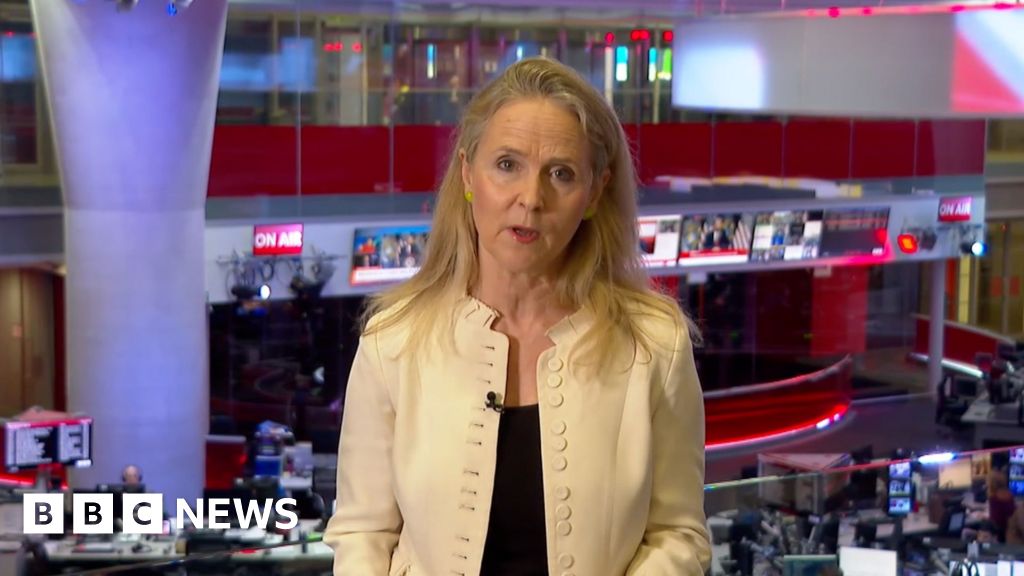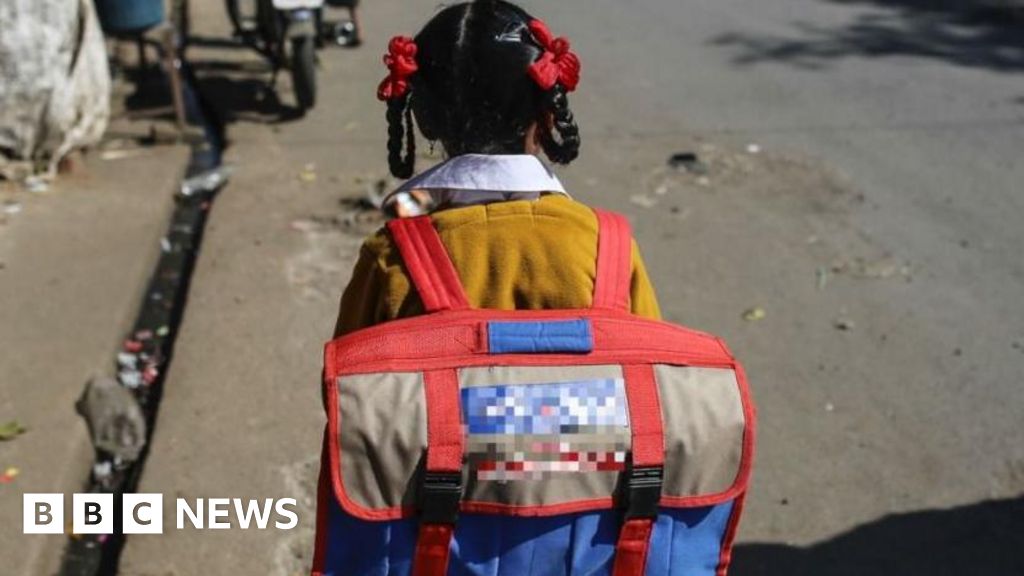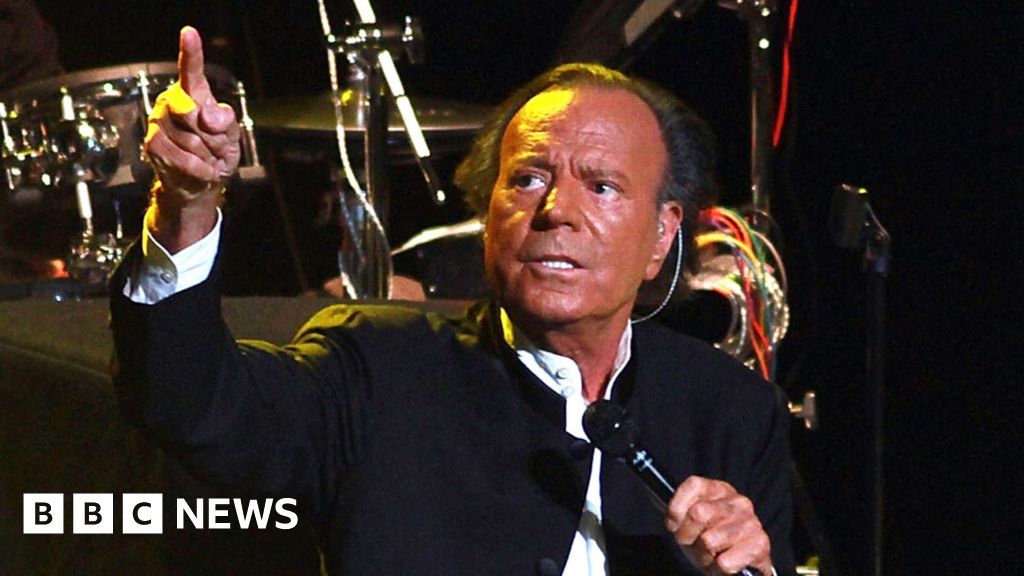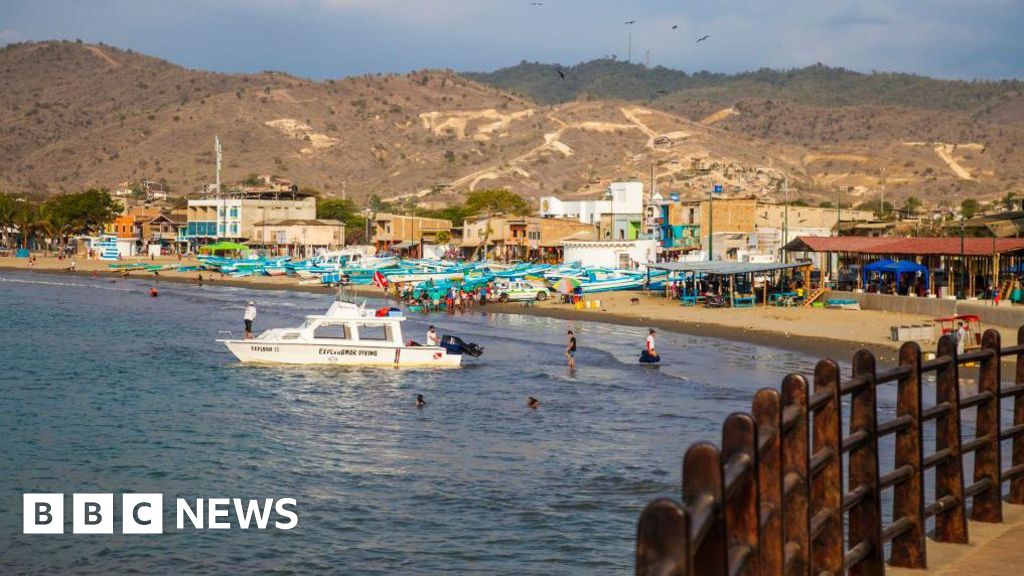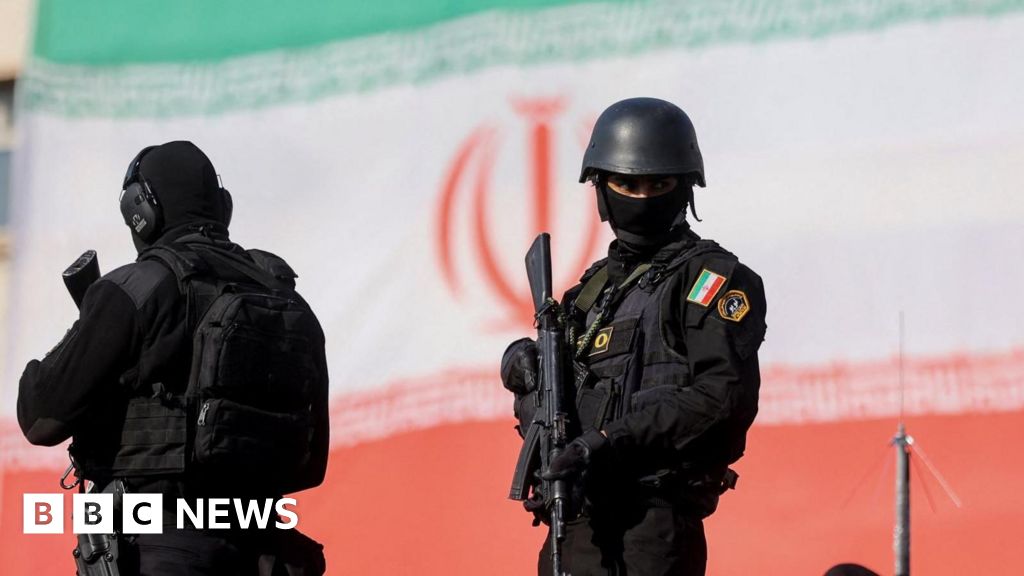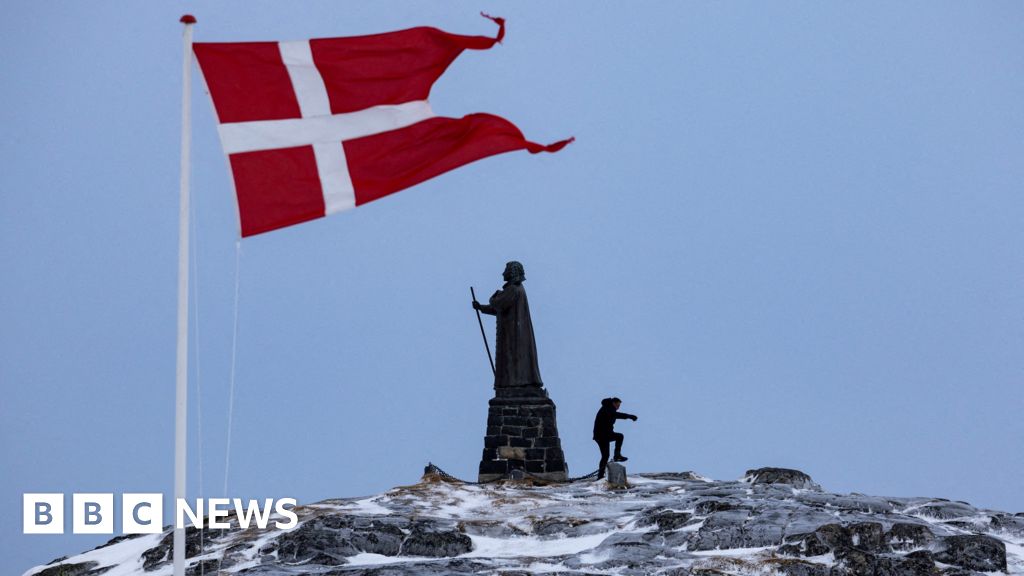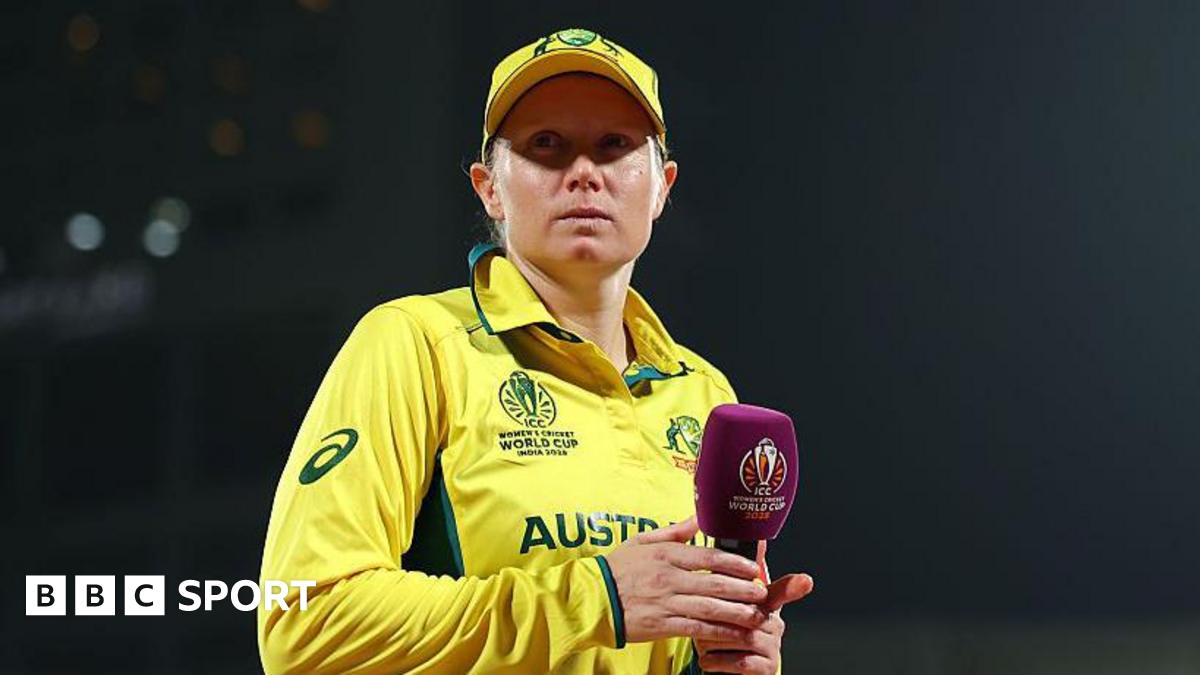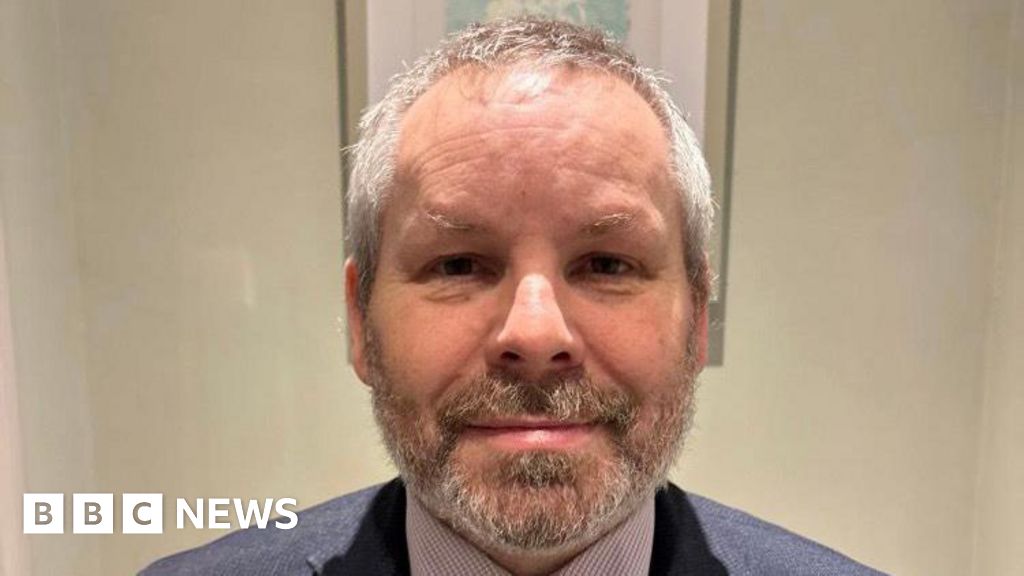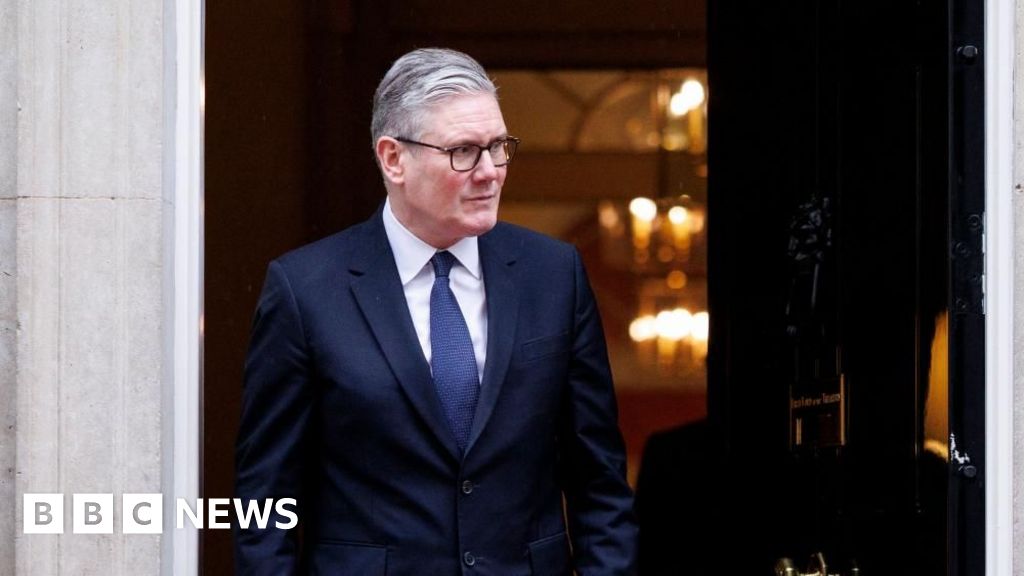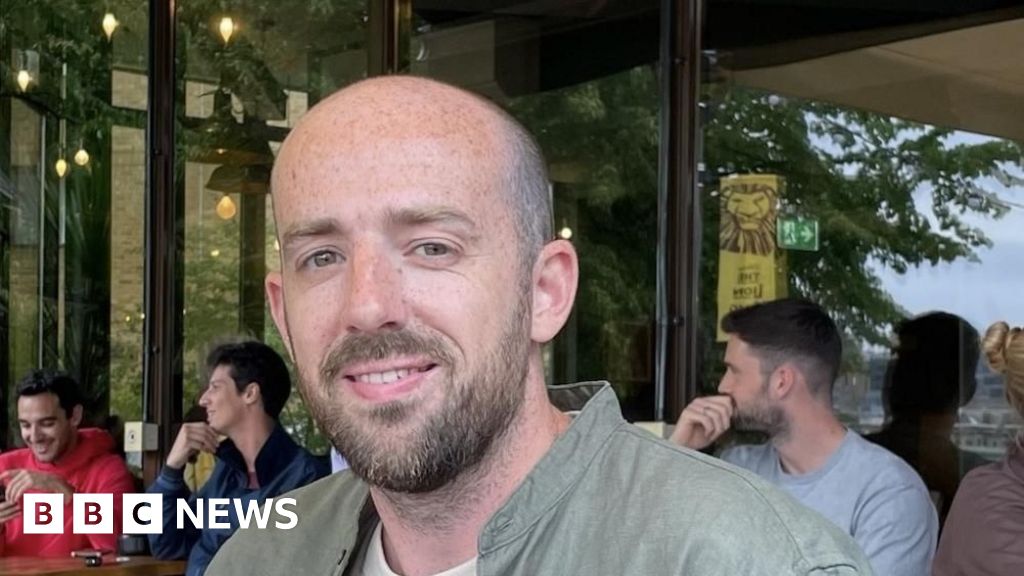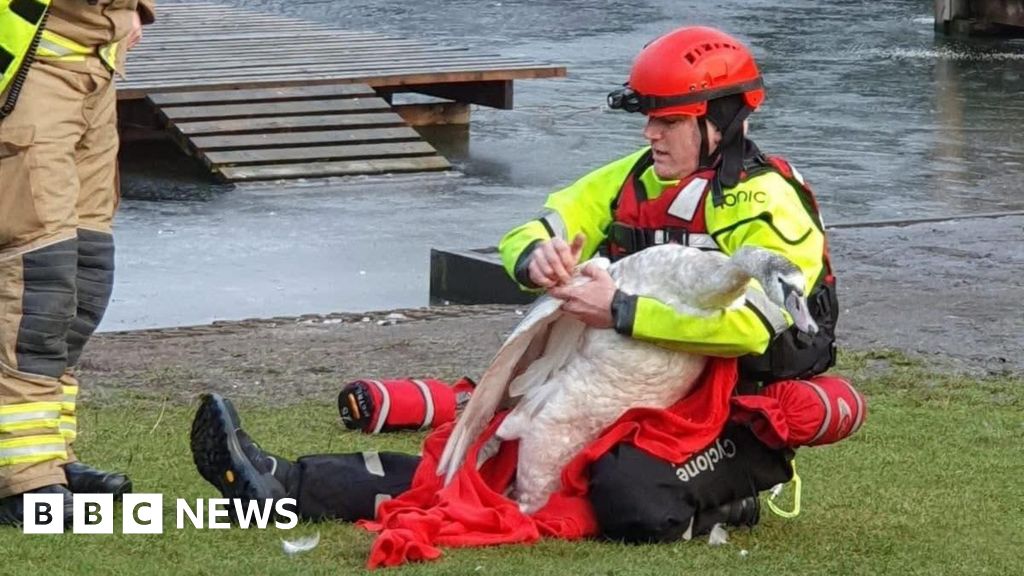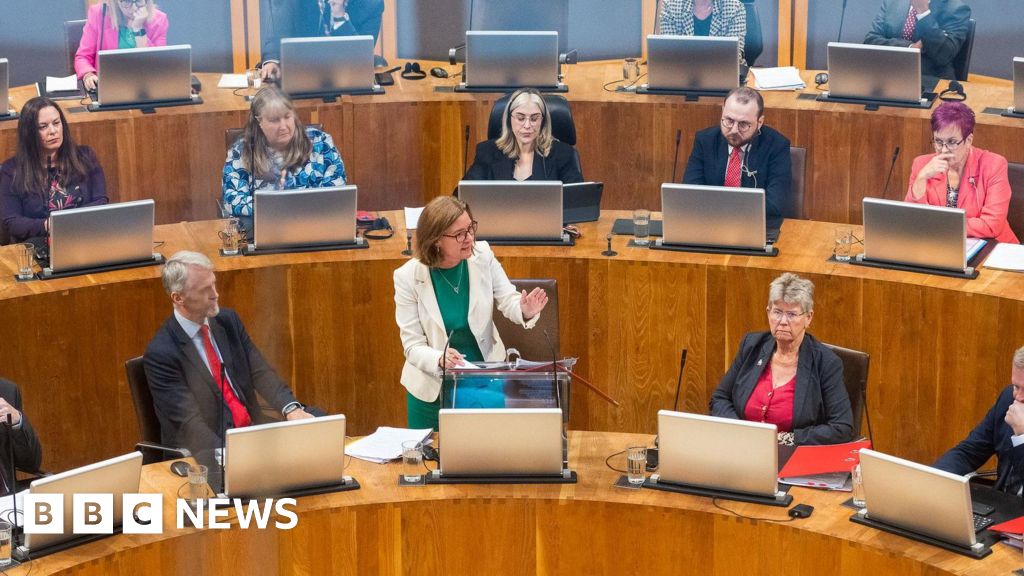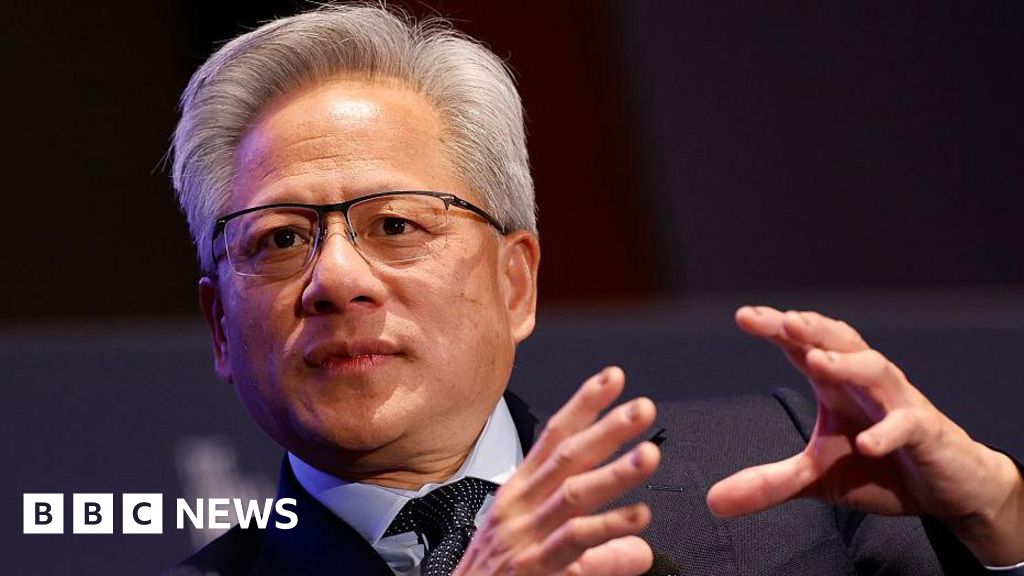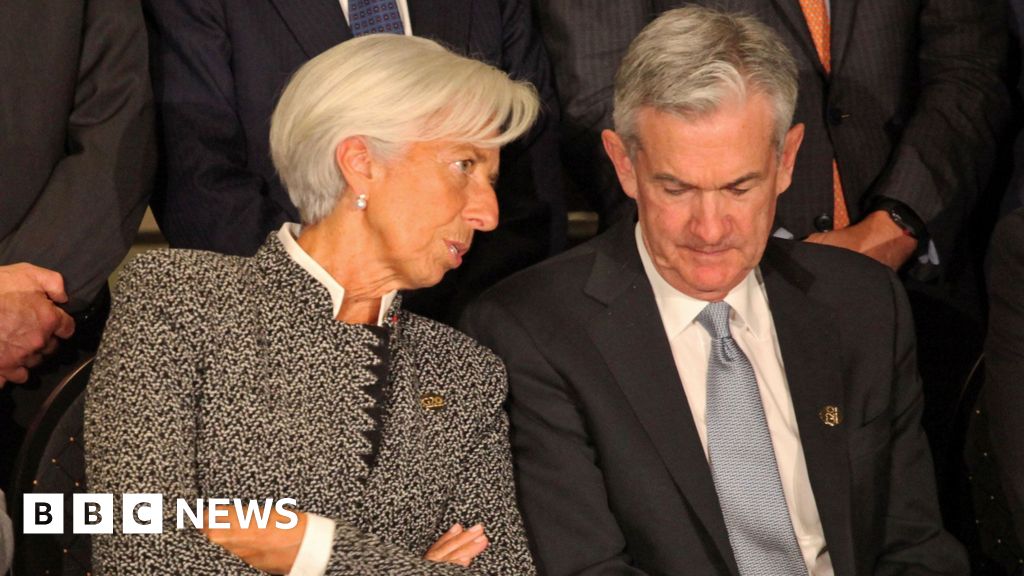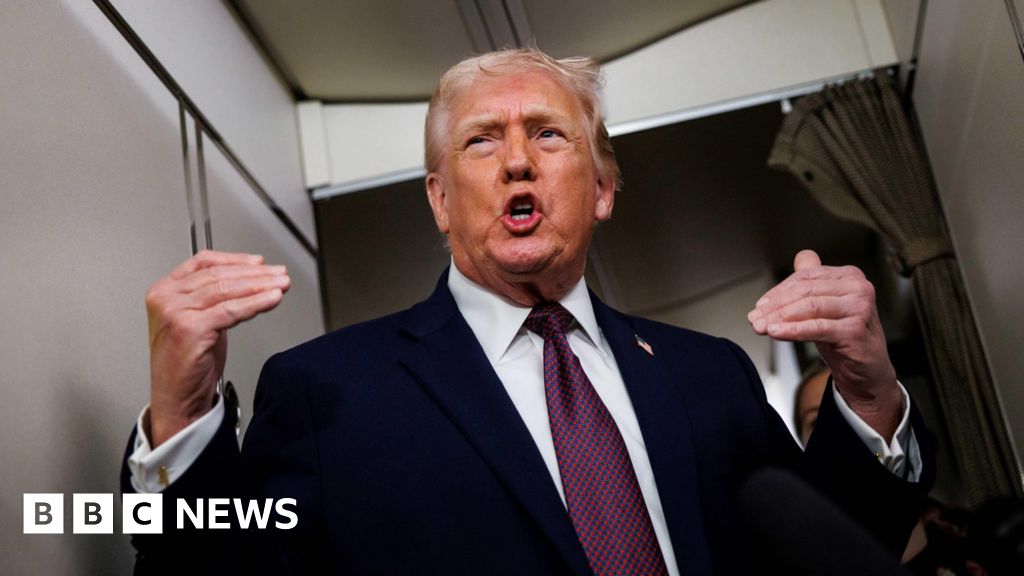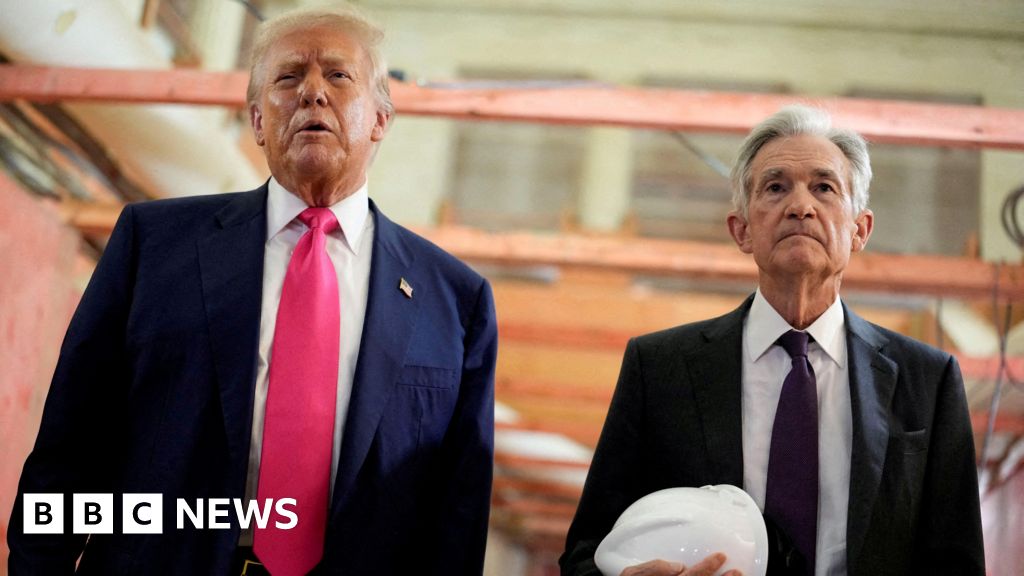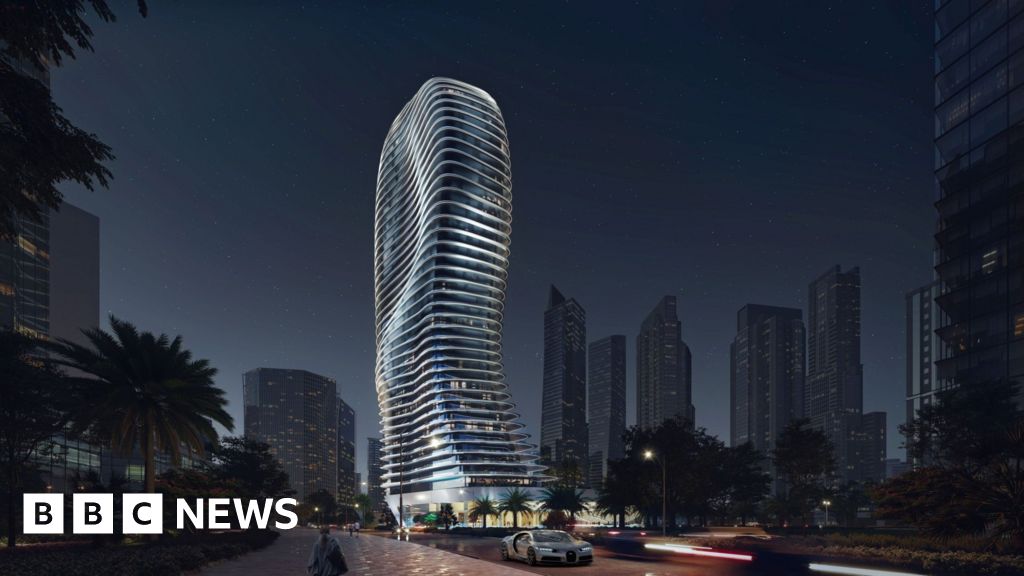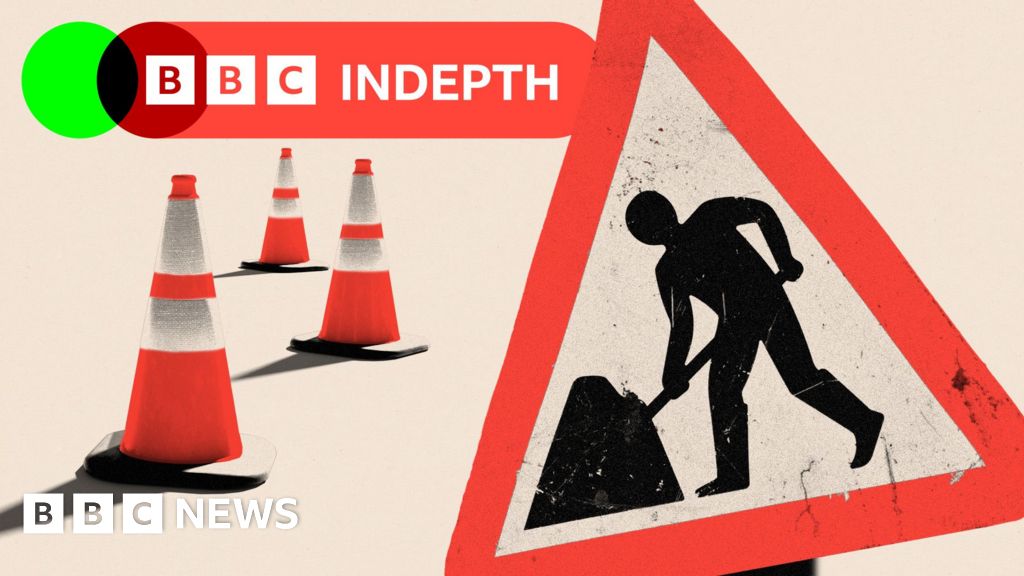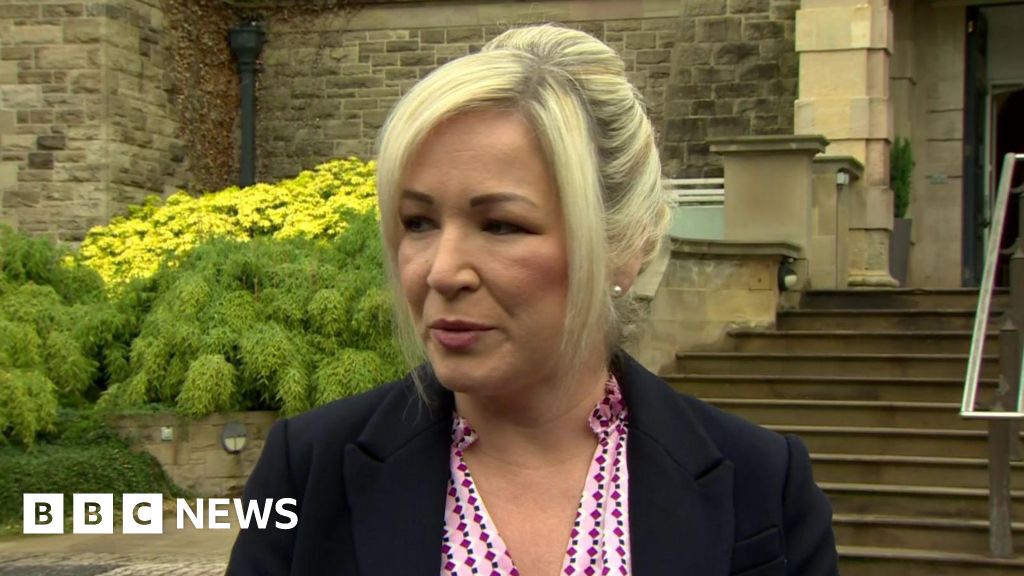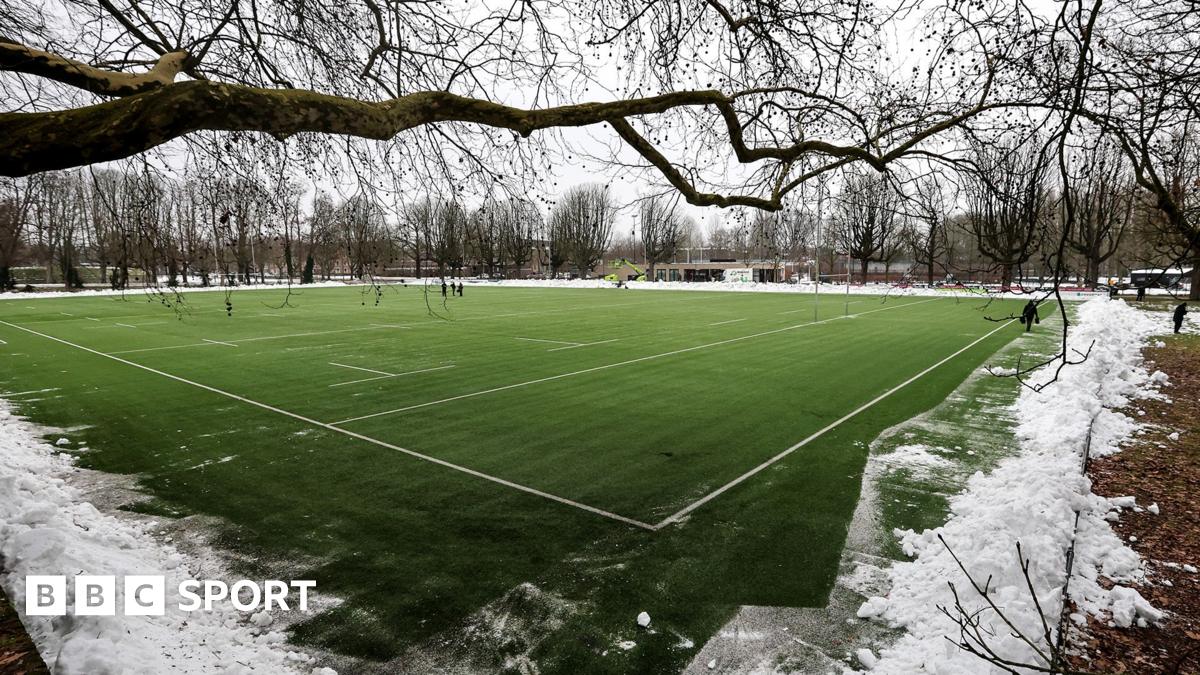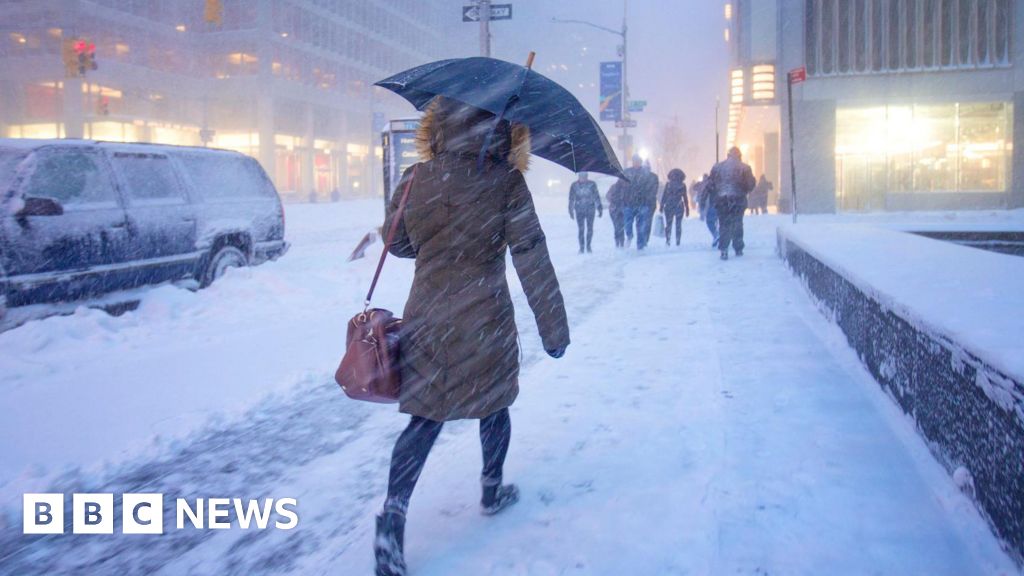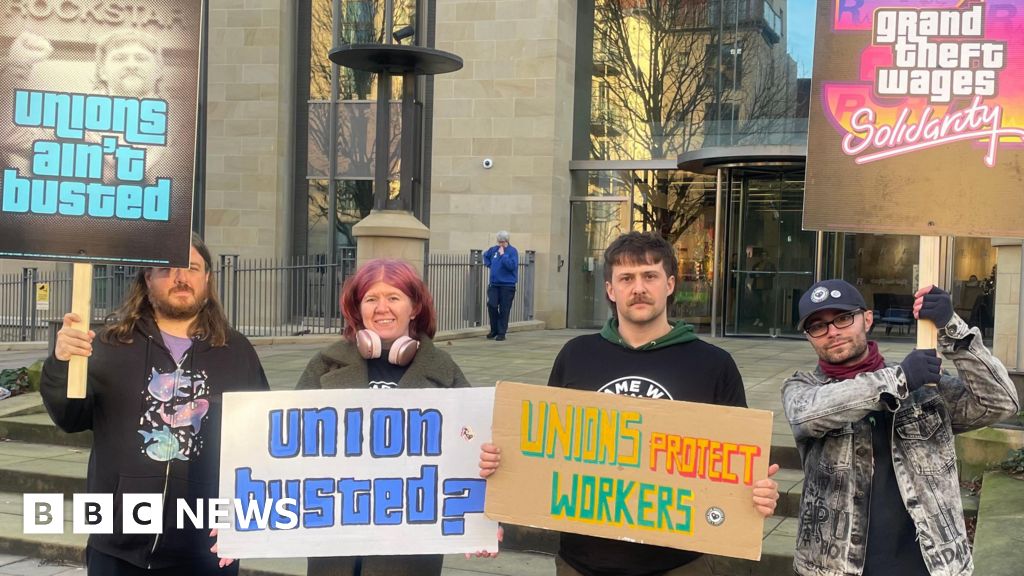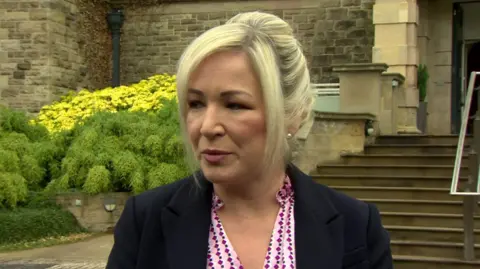 BBC
BBCExecutive ministers are meeting ahead of the Northern Ireland Assembly being recalled to condemn recent violence in Northern Ireland.
Arriving at Stormont Castle, First Minister Michelle O’Neill says it is important that political leaders “come together with one voice to say no to racism”.
Ms O’Neill said all parties will be represented at the meeting, which is also being attended by Police Service of Northern Ireland Chief Constable Jon Boutcher.
“These people that are involved in violent activity do not speak for us, never have and never will,” she added.
“For me this is about that strongest of political voice to say no to racism, no to the violence, no to the intimidation of our local community here and yes to an inclusive society.”
Other ministers, such as Justice Minister Naomi Long from the Alliance Party and the DUP’s Education Minister, Paul Givan, have also been seen entering the building.
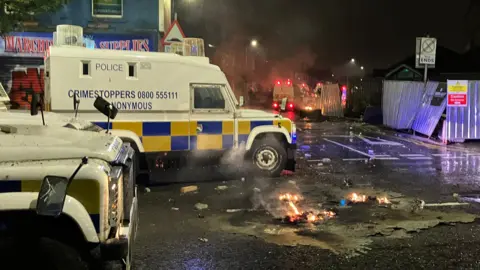
The Northern Ireland Assembly will be recalled at 12:00 BST.
A successful petition, put forward by the Alliance Party, will see MLAs return from their summer break to discuss recent disorder.
It follows a spate of violence, with several businesses in the city attacked after an anti-immigration protest erupted into disorder.
The first and deputy first ministers have said their joint priority is to face down racism and intimidation.
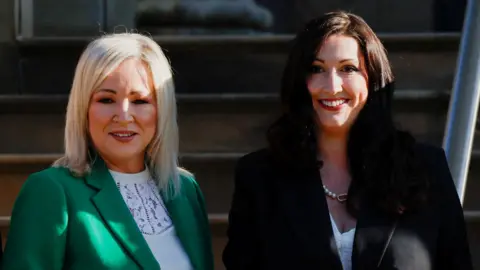 Reuters
ReutersThe Justice Minister Naomi Long told BBCNI’s Good Morning Ulster that the next few weeks could be very challenging to deal with if there is ongoing unrest and that a request has been made for more police officers.
“Additional resources have been offered in England and Wales to help with the unrest there and we need to make sure they make their way to Northern Ireland,” Ms Long said.
Speaking about some of the criticism of the police operation to the disorder, Ms Long said “if there are lessons to be learned” they need to be learned quickly.
“I understand there has been a lack of trust to date and I understand people are frustrated when they call the police and perhaps they don’t come as quickly as possible and there are resource implications that lead to those challenges, but I’m appealing to people if you have concerns, if you are afraid, if you are worried, to contact the police.”
Calls for political unity
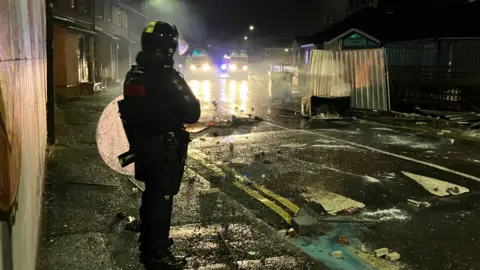
Ahead of the recall, Ulster Unionist leader Doug Beattie called for political parties to come together to condemn the disorder.
“We think that’s important, it’s important that as the government of this country… that we can stand and debate this issue and put out that message
“I hope that the political parties do stand together united and it’s not just an opportunity to take chunks out of each other.”
Meanwhile, the SDLP’s Matthew O’Toole said he’s “depressed” at the level of disorder directed towards minorities but feels “encouraged” by the opposition to it.
Mr O’Toole said he does not plan to support a TUV amendment to today’s motion, which says people have “the right to peaceful protest, including against uncontrolled immigration”.
“I think it dilutes the impact of the core sentiment,” Mr Toole said.
Sinn Féin MLA for Belfast South, Deirdre Hargey also welcomed the opportunity for political parties to unite in condemnation.
Ms Hargey said it is “concerning” that there is a possible paramilitary involvement in the disorder.
The MLA for South Belfast also said she spoke to people on the streets on Wednesday night and is worried about “misinformation” having an impact and creating “anger”.
“We need all of our political leaders to come together to condemn this outright. We don’t have to have ifs or buts,” she said.
What has prompted the recall?
There has been violent disorder in towns and cities across the UK since last Tuesday, the day after three young girls were killed in Southport.
False claims on social media followed that someone who had arrived in the UK illegally was to blame.
On Saturday, a cafe was set alight and several businesses were attacked after disorder broke out in Belfast.
A second night of disorder took place in south Belfast on Monday night.
And six people, including three teenagers, were arrested during a third night of disorder on Tuesday. Police are treating the incidents as racially-motivated hate crimes.
The Police Service for Northern Ireland (PSNI) has said there was “no doubt” that a paramilitary element was involved in orchestrating the violence.
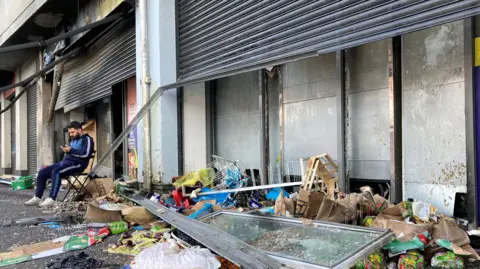 PA Media
PA MediaWhat will politicians discuss?
Assembly members will debate a motion from the Alliance Party that calls on the assembly to condemn the criminal damage and “targeting of businesses” at the weekend.
It also calls on MLAs to recognise that PSNI resources are stretched and “could have been much more effectively deployed elsewhere”.
The move by Alliance to recall the assembly from its summer break was backed by Sinn Féin, the SDLP and independent unionist Claire Sugden.
On Monday, Sinn Féin’s Deirdre Hargey said First Minister Michelle O’Neill was cutting short a family holiday to return to the assembly for the debate.
What could Stormont do?
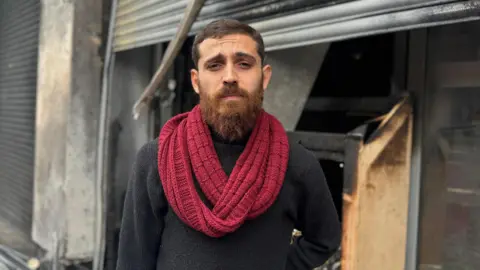
Immigration is a matter largely reserved for Westminster, but there have been calls for The Executive Office to do more to help refugees living in Northern Ireland.
The recall motion also calls on the first and deputy first ministers to finalise a Refugee Integration Strategy by the end of this year, and replace an “outdated” Racial Equality Strategy.
Unlike England, Scotland and Wales, Northern Ireland has no refugee integration strategy.
A public consultation on a draft strategy took place in February 2022, but the power-sharing executive collapsed during that time and the institutions remained suspended for two years.


